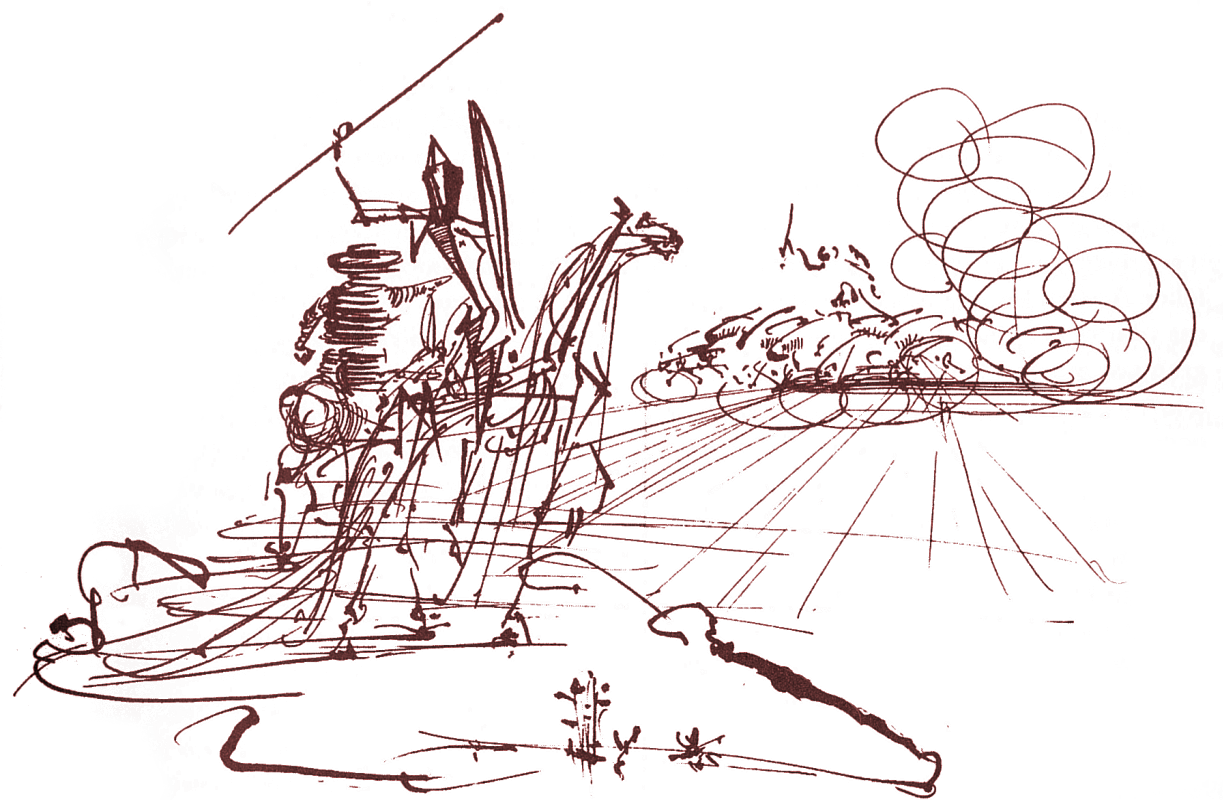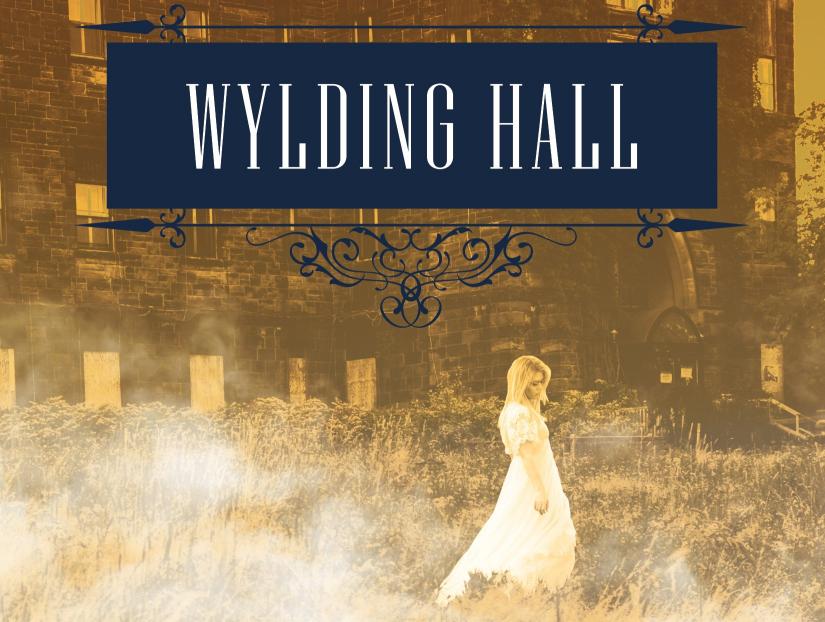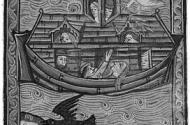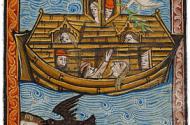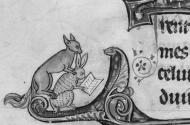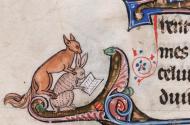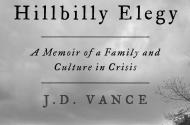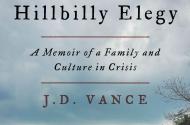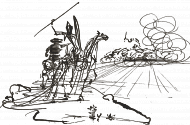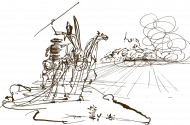Wyldling Hall reaches out to touch the place where music and magic merge. As musicians or lovers of music, we enter this liminal space and feel it prickling our skin, but when we subject it to our rational thinking, it disappears. Many reviewers called Wylding Hall a "ghost story." But it is, instead, a story of faerie—the music of faerie.
I loved Wyldling Hall. I couldn't put it down. There are times when the suspense and the flashes of otherness feel a little much, but in a mostly good way. You just want to kick through the wall that separates the real from the unreal and see what's behind; to figure out why and how what happened happened; to leave behind the hints, foreshadowing, and illusions that mark the first part of the book.
A folk rock band rents an old mansion, Wyldling Hall, for an extended creative vacation that ends in death. Wyldling Hall is old—very old. It remembers the ancient ceremonies and magics that took place there. Julian is an ambitious young songwriter who digs deep into grimoires and graves for music to ensorcell others. But instead, he himself is ensorcelled. His story is the larger story of the English folk rock of the 1960s: while some plunged into the future, others looked to history to find the mystical paganism of faerie.
 Wyldling Hall is spread through many perspectives, told in short flashes. It took me maybe twenty pages of thinking to get the hang of the characters, but after that the perspective switches felt seamless and served to kept me engaged. It was fun to see the same scene through several different points of view, and each of the perspectives felt authentic and clear: a distict personality and voice. The slang and expressions felt authentic to 1960's England, but I have no idea. It feels real: like historical research went into it.
Wyldling Hall is spread through many perspectives, told in short flashes. It took me maybe twenty pages of thinking to get the hang of the characters, but after that the perspective switches felt seamless and served to kept me engaged. It was fun to see the same scene through several different points of view, and each of the perspectives felt authentic and clear: a distict personality and voice. The slang and expressions felt authentic to 1960's England, but I have no idea. It feels real: like historical research went into it.
It's a funny book to categorize: part faerie, part historical fiction, part horror, part murder mystery, and part ghost tale. Perhaps this is why I liked it so well. It does magic in a way I haven't encountered yet: in a way that's closer to the way we really experience the numinous through music and sunlight and personal charisma:
"This wasn’t like a dream. It was like being lost: not in the dark, but in the light. Blinding sun through the windows and that fug of smoke from cigs and spliffs, motes in the air like something alive, atoms or insects all silver in the smoke."
Or this:
"Have you ever noticed how we accord special privileges, almost magical powers, to people who are beautiful? Particularly if they’re beautiful and talented, like Julian."
Of course it goes absolutely hyperbolic and the fantastic is made real. But it's the sort of real that seems more plausible than elves and dragons. It stays closer to the real, and that's why it's such a gem.
My rating: 5 of 5 stars
